

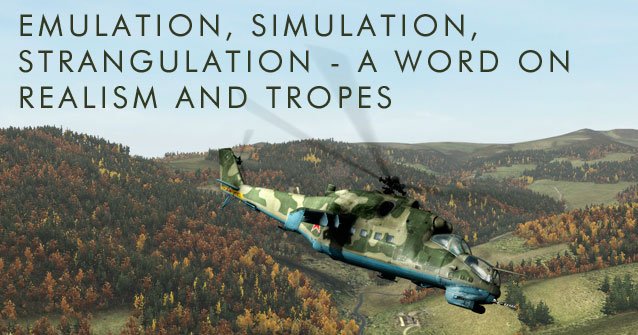
Usually I’m not the biggest fan of games that stray too far on the side of simulation. Games like that might be more ‘realistic’, as in simulating reality, but at the same time those games require a lot more patience and feel a lot more like work compared to those games that are more gamey and less realistic. Gaming has its own language, its own internal rules that are usually far removed from what we know of as reality. In real life, people are usually incapacitated when shot once.. They can’t hide behind cover for a few seconds until the pain goes away and dive headfirst into battle right after.
Of course, this is a matter of personal taste. I don’t like simulation heavy games, because they require more attention and more effort to get something out of them. They tend to be more like a chore, and I don’t like that when gaming. I prefer games that indulge in silly renditions of reality, that have my character take more than one hit before I have to reload my last save. Yet admittedly there is something to simulation heavy games. Those games have a steeper learning curve, but after investing in them, they can have high returns. I might not have the necessary patience to commit to this kind of investment, yet I can clearly see how this is the case.
For example take ArmA II, a game quite unlike most of the mainstream military shooters of late. It’s closer to reality, but still quite gamey at the same time. The difference being, ArmA is more than military flavored, it’s a simulation of military activity. Get shot, and you’re out of the action. Shoot a guy, and he’s out of the action. No taking cover to recover, no spamming health kits to jump right back in. It’s a much slower game than any Call of Duty, while still featuring a large amount of bells and whistles. There is more open ground to be covered, less arranged set piece battles. Essentially, this kind of simulation is less of a carefully pre-produced thrill ride, but more of an open ended box of pointy things that can be arranged this way or that way; the thrill then comes out of the arrangement.
It’s impossible to judge whether simulation games are better or worse than other titles that aren’t realistic.It’s impossible to judge whether simulation games are better or worse than other titles that aren’t realistic. True, a military simulation surely gives a better impression of what modern infantry warfare is actually like than any of those military-porn fragfests that feature bullet sponge player characters. It’s a question of abstraction, tropes, and emulation. The difference, essentially, is that simulations take their inspiration from real life. Videogames take their inspiration from somewhere else.
Videogames usually emulate other experiences. Playing Call of Duty is more like watching a movie than being a soldier. Those games employ similar tropes and similar narrative techniques to movies - and this doesn’t necessarily mean cutscenes. Simulative games, on the other hand, attempt to simulate reality. Instead of emulating movie tropes in another genre, they re-creatie reality rather than the movie-like semi-reality which maybe looks photorealistic, yet adheres to completely different rules than our world.
And that’s where it eventually comes down to taste. Someone enjoying Modern Warfare will not necessarily enjoy playing ArmA or Operation Flashpoint, even though thematically both games might fall under the category of ‘military shooter’. Arguably, Modern Warfare wouldn’t be the hyper-selling franchise that it is if it employed the same techniques and mechanics those other games use. Simulation games are a lot harder to pick up, as previously mentioned, and therefore make for a much smaller player base, since people who rather casually wish to shoot some dudes in the face don’t want to go through the troublesome learning period of a simulation.
I would actually argue that games that are less heavy on simulation make for better, tighter games, for more instantly enjoyable experiences. There is of course the danger of oversimplifying and trivializing military action and warfare, something that undoubtedly occurs with Modern Warfare and its direct competitors. That trivialization is arguably less of a given with more realistic games, where infantry warfare just isn’t that much fun. But this is a story for another time.
Personally, I tend to find gamey games better and more enjoyable overall. However, there is a certain threshold of realism that can help a gamey game become better or more interesting to play. But that realism must not come at the cost of detracting from the fun to be had. Realism in games must not equal the game becoming a chore. I know there are some out there who don’t mind, who embrace that. I’m not among them, because I want my chores in real life and my fun in my videogames.
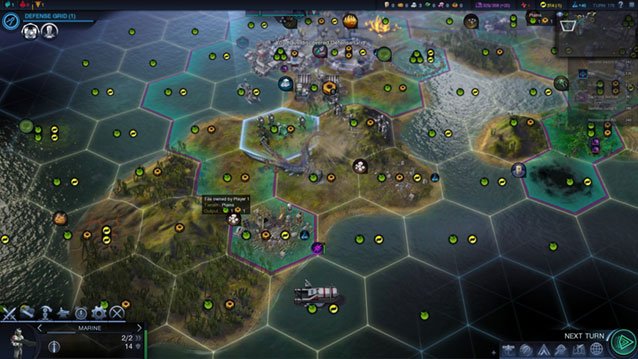

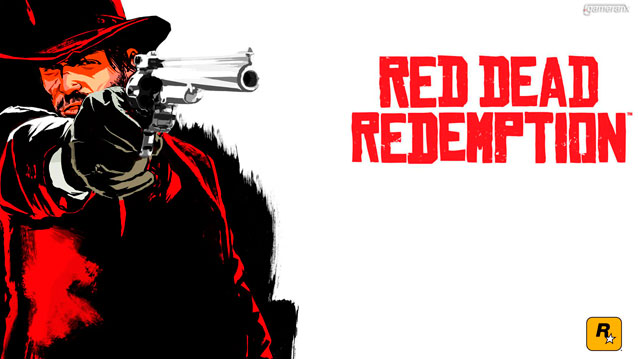

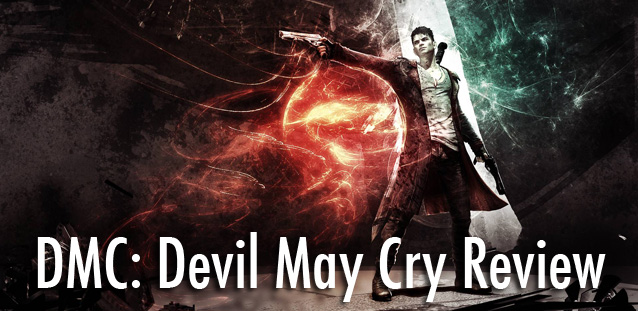 DmC: Devil May Cry Review
DmC: Devil May Cry Review The Magic Whip: Blur to release a new album in April
The Magic Whip: Blur to release a new album in April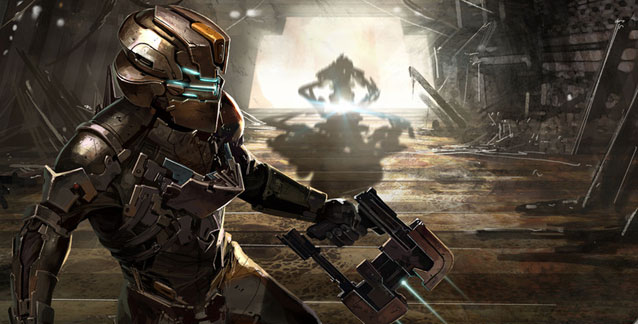 10 Most Wanted Shooter Games of 2011
10 Most Wanted Shooter Games of 2011 Beyond Two Souls Gameplay First Missions Actual Game Footage
Beyond Two Souls Gameplay First Missions Actual Game Footage FFXIV: Alexander Raid – The Fist of the Father Guide
FFXIV: Alexander Raid – The Fist of the Father Guide